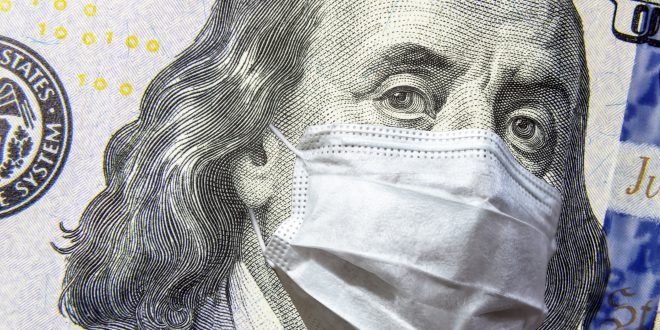Nursing shortages compounded by the pandemic are expected to continue for years to come, according to a new study, driving up wages and healthcare costs while suppressing spending on non-nursing Hospital expenses such as equipment or new medical technologies.
The Omicron variant could worsen this trend by spurring a second wave of retirements among veteran hospital staff who had hoped to wait out the pandemic, while shifting the career plans among nursing school candidates who had put off enrollment for what was expected to a relatively brief period of remote learning.
“If you’re a hospital executive and you want to replace beds, or get a new ultrasound, or buy some new technology somebody has invented, you might have to say, ‘We don’t have room in the budget,” said Joanne Spetz, director of the Institute for Health Policy Studies at The University of California at San Francisco, a top medical research institution.
The Omicron variant would exacerbate those trends if remaining veteran nurses throw in the towel and nursing school candidates change their career plans for good. The first wave of retirements and postponed studies began when a vaccine was in the works. A large number of vaccine holdouts have squelched the dream of a short-lived crisis.
Spetz is co-author of a study predicting that California’s 40,000-nurse shortfall will persist until 2026, thanks to experienced nurses leaving the field due to burnout, and young people deferring nursing school because of distance-learning protocols. Spetz says her findings echo information from other parts of the country.
“Nobody could have estimated the degree to which healthcare workers would be dealing with largely preventable infections,” Spetz said.
Other trends that have drawn headlines, such as the firing of unvaccinated medical workers, or requirements that staff exposed to the virus be quarantined, did not show up as significant long-term causes of staffing shortages.
According to the UC San Francisco study, 26% of nurses between the ages of 55 and 64 had planned to retire or quit within two years, more than double the usual rate. Those staying on the job have been winning thousands of dollars a year in raises from hospitals. Groups such as the labor union National Nurses United, meanwhile, have pushed for requirements for increased staffing that could require additional wage increases. Democrats in Congress back legislation that would mandate higher staffing levels.
Intense Covid-linked demand, along with federal aid to hospitals, have boosted pay for so-called “travel nurses” who quit their regular jobs to work for employment agencies that fly contract nurses to the highest bidding hospital. But that trend may be short-lived. “If the pandemic subsides, we imagine those traveling opportunities will subside,” Spetz added. A dearth of experienced nurses and new nursing school graduates, however, might remain for some time.

 Noor Trends News, Technical Analysis, Educational Tools and Recommendations
Noor Trends News, Technical Analysis, Educational Tools and Recommendations


